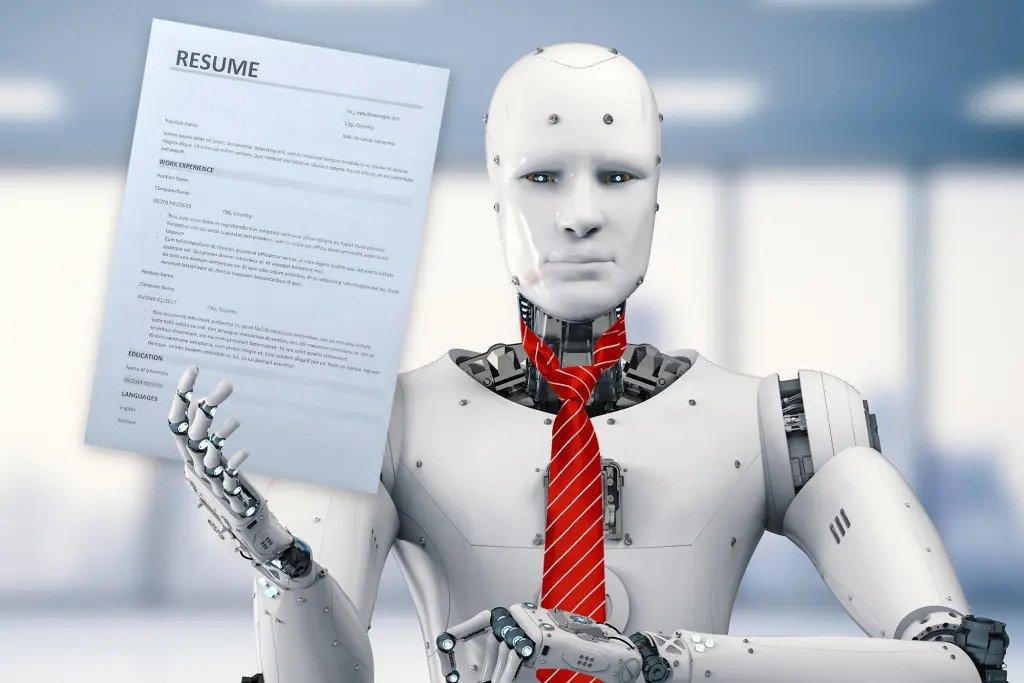As part of a new artificial intelligence (AI) strategy, the U.K. Treasury has unveiled plans to establish a new AI research organization and build an exascale computer costing £900 million ($1.2 billion). The goal is to create the “BritGPT” version of ChatGPT.
The U.K. is investing in a supercomputer that will surpass the power of most other supercomputers in the country. This move was prompted by the enormous potential of large language models (LLMs), such as OpenAI’s ChatGPT and Google’s upcoming Bard AI, which has led the U.K. to establish a task force to advance “sovereign capability in foundation models.”
“These investments will provide scientists with access to cutting-edge computing power and bring a significant uplift in computing capacity to the AI community,” reads the Spring Budget 2023 plan. “The government will award a £1 million ($1.2 million) prize every year for the next 10 years to researchers that drive progress in critical areas of AI.”

To incentivize this effort, the U.K. will create the Manchester Prize, named after the Manchester Baby, a prototype for the modern computer created in 1948 at the University of Manchester.
According to a report by The Guardian, U.K. lawmakers recently warned that the country could fall behind China and other major tech firms if it did not invest in LLMs or develop its own version, “BritGPT.”
“We think there’s a risk that we, in the U.K., lose out to the large tech companies, and possibly China, and get left behind … in areas of cybersecurity, of healthcare, and so on,” said Adrian Joseph, BT’s chief data and artificial intelligence officer. “It is a massive arms race that has been around for some time, but the heat has certainly turned up most recently,” he added while addressing the Commons science and technology committee.
The government also made a “commitment to £2.5 billion ten-year quantum research and innovation program through the government’s new Quantum Strategy.”
As the U.K. announces its plans to invest in its own language model, “BritGPT,” and build a supercomputer to support it, China appears to be taking strides forward in the AI chatbot race. Baidu, a Chinese technology company, recently launched Ernie Bot, an AI-powered chatbot.
Meanwhile, OpenAI has already unveiled GPT-4, the successor to ChatGPT, which can process both image and text inputs, though it can only respond in text. It remains to be seen how these developments will shape the future of AI chatbots and the wider field of artificial intelligence.


